The type of tenant you need to be to avoid an increase in your rent
A dearth of rental properties amid continuing strong demand, as well as cost pressures – not least a spike in land tax – are encouraging landlords to lift rents, putting renewed pressure on tenants who want to stay put but don’t want to pay more.
But is a rent increase inevitable? Are there any steps tenants can take in the current climate to avoid paying more? Some rent increases are unavoidable, but in some cases, landlords may be willing to negotiate with tenants they appreciate and with whom they have a good relationship.
“I am a big advocate, personally, of trying to work with both owners and tenants to come to a mutual agreement, rather than just hitting tenants with increases,” says Georgie Sinclair, director of REAL Property Agent.
“If [tenants] move out, it costs the owners money. So, it’s actually more in [the owners’] best interest to try and work with them and keep them for maybe a slightly smaller rent increase, rather than a big one.”
So, what can tenants do to maintain a good relationship with their landlord and possibly avoid a rent hike?
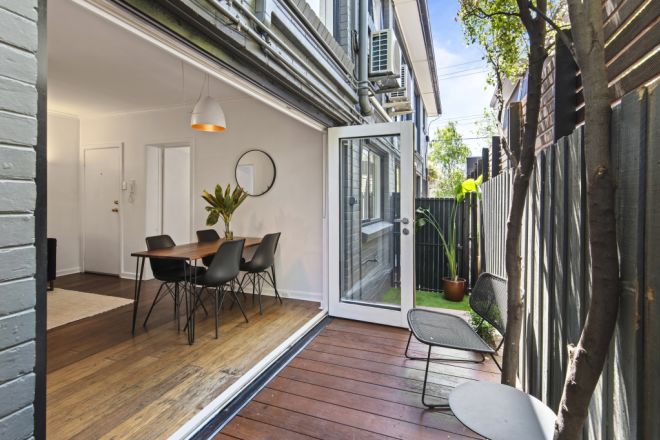
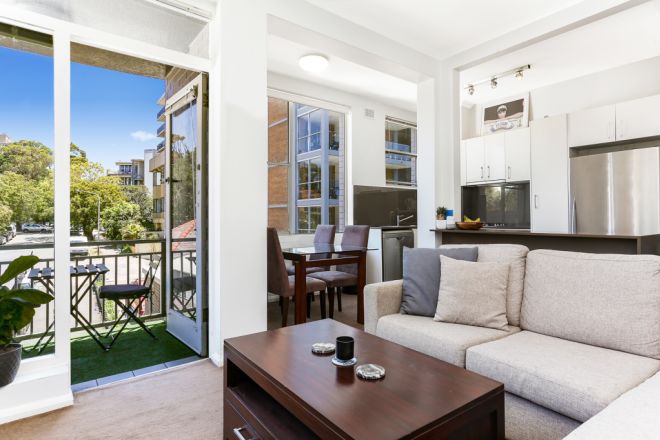
Maintain the property and pay on time
It sounds obvious, but a good tenant is “someone who looks after the place and pays rent on time”, Sinclair says.
Tenants should take care of the rental property by keeping it clean and in excellent condition, both inside and out. Report any maintenance issues promptly and be accommodating while they are being addressed.
Paying your rent on time demonstrates to your landlord that you are reliable and trustworthy, which may help your case if you wish to negotiate a smaller rent increase.
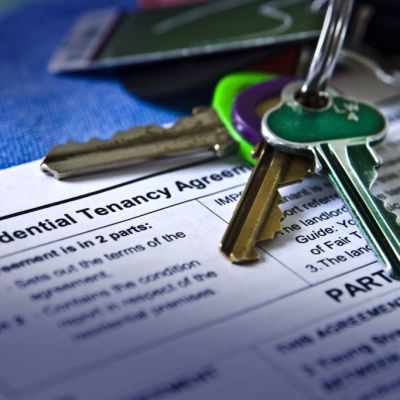 Only half of renters get their bond back: Here are the most common reasons why
Only half of renters get their bond back: Here are the most common reasons why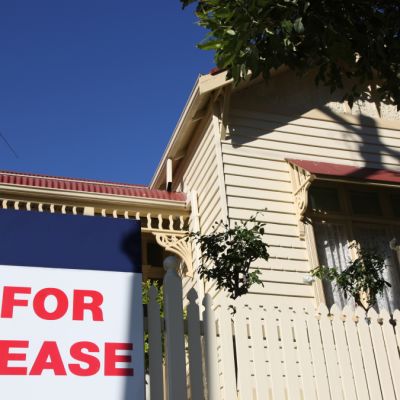 Have Australians romanticised the dream of being an owner-occupier?
Have Australians romanticised the dream of being an owner-occupier?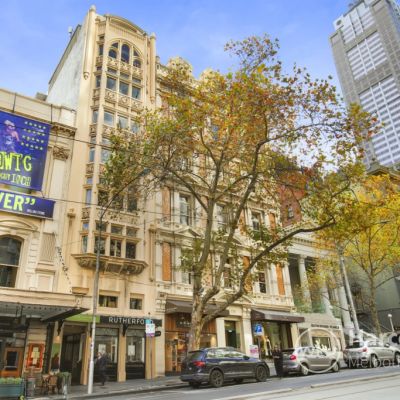 The best rentals under $500 per week in Melbourne right now
The best rentals under $500 per week in Melbourne right now Where you can still rent in Australia for less than $300 per week
Where you can still rent in Australia for less than $300 per week Australia’s most expensive rentals: North Bondi house asking $12,000 a week
Australia’s most expensive rentals: North Bondi house asking $12,000 a week
“Sometimes people do fall behind in rent,” says Living Here Cush Partners department manager Ava Hinds. “But communicating that early to the owner definitely helps all parties to work constructively together to try to find a solution as a team.”
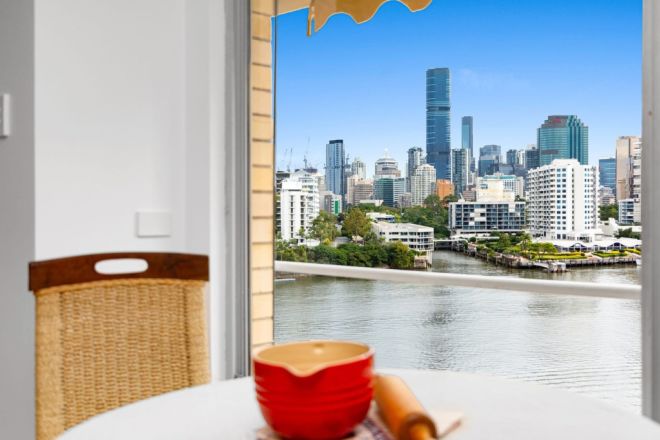
Be considerate of neighbours
Be mindful of noise levels and communicate with neighbours if you plan on having a loud gathering.
If you’re a respectful neighbour, your landlord or property manager is less likely to receive complaints about your tenancy.
Honour the terms of the lease
Meeting the conditions of your lease reassures landlords and property managers that they can trust you to uphold your end of the agreement, which could help you when negotiating a rent increase.
“The lease agreement itself covers … what you can and can’t do as a tenant,” Hinds says. This can include rules around subletting, smoking, occupancy limits and pets. “It is good to have an understanding of those items,” she says.
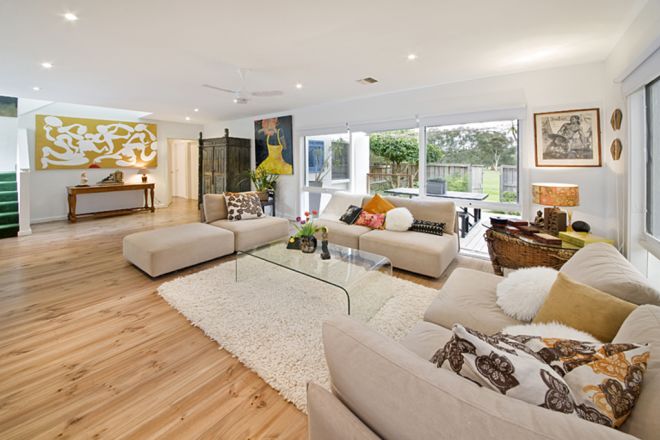
“[The lease] also gives you some guidance as to how to go about getting approval for things. So, potentially, if you started the lease without a pet, your lease will guide you to what the responsibilities are if you don’t ask for permission. It also guides you on how to ask for permission.
“If you’re unsure, just ask the question.”
Signing a longer lease
Some landlords are happy to take on tenants for a longer period and “find longer terms attractive”, Hinds says. “Stability is a significant benefit for all parties in a rental space.
“If you’re enjoying the property and you’d like to stay longer, offering a longer-term lease is definitely something that might help the landlord [consider a] rent increase a bit differently.”
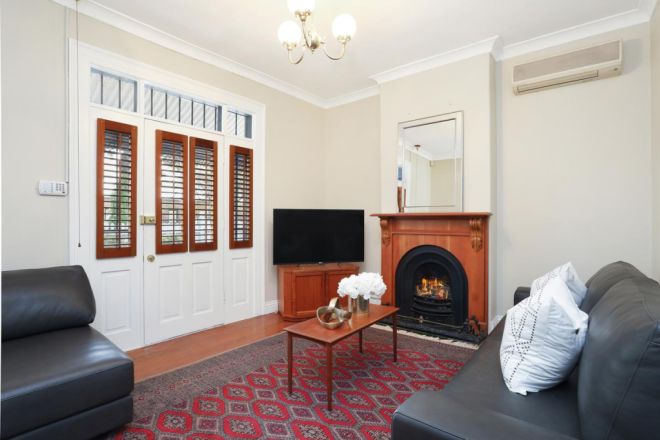
Good communication
Hinds recommends “open and honest communication” between landlords and tenants.
She says that while it’s okay to have multiple methods of communication, it can be beneficial to use the method that your agent or landlord prefers.
“I know some agents will employ an app or a chat … so using those methods to communicate can keep things really simple and recorded,” she says.
It could be a long shot, but with a bit of luck, these strategies could help you avoid a rent increase.
We recommend
We thought you might like
States
Capital Cities
Capital Cities - Rentals
Popular Areas
Allhomes
More
- © 2026, CoStar Group Inc.







